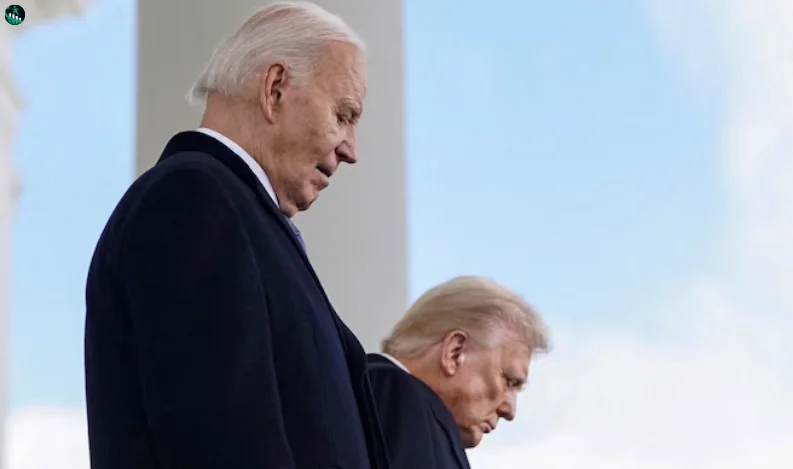
Opinion: Trump and Biden's Use of Pardons Undermines Justice
The presidential pardon, a symbol of mercy enshrined in the U.S. Constitution, has once again raised eyebrows and controversy. Presidents Joe Biden and Donald Trump, representing opposing political spectrums, appear to have found common ground in pushing the limits of this authority.
On his final day in office, President Biden issued sweeping "preemptive" pardons, including clemency for his siblings, their spouses, and key public officials such as former medical adviser Anthony Fauci and retired Joint Chiefs of Staff Chairman Mark Milley. Biden also pardoned individuals associated with the January 6th committee, following a controversial pattern that began with his December pardon of his son, Hunter Biden. These moves, while legally sound, raise questions about potential self-interest and the broader implications for accountability.
In contrast, on his first day back in office, President Trump granted clemency to nearly 1,600 individuals tied to the January 6th Capitol attack. This included many convicted of assaulting law enforcement officers, a decision that has drawn severe criticism for undermining years of federal prosecutorial work and weakening the rule of law.
While Biden’s pardons can be argued as protective measures for public servants under potential threat, Trump’s actions appear overtly political, rewarding supporters who committed violence in his name. Despite their differences, these decisions collectively erode trust in the original intent of the pardon power, which Alexander Hamilton described in 1788 as a tool to temper the harshness of justice with mercy.
Both leaders’ actions highlight the unchecked nature of this authority. Historically, the pardon power has been self-regulated, reliant on the president’s conscience. Yet, as seen in recent years, this reliance is far from foolproof. A 1952 Congressional testimony noted, "In the exercise of the pardoning power, the president is amenable only to the dictates of his own conscience, unhampered by any other branch of government." For Trump, whose tenure has been marked by unapologetic decisions, and for Biden, whose choices invite accusations of favoritism, this leaves the American public questioning the moral compass of their leaders.
Congress has long debated curbing the president's pardon power, with limited progress. A 2020 proposal offers a starting point for reform, but systemic change remains unlikely in the face of bipartisan misuse. As it stands, the potential for abuse looms large, casting doubt on the justice system's integrity and the very concept of presidential accountability.
The bipartisan exploitation of this constitutional provision underscores the urgent need for reform. However, achieving meaningful change will require political will and a collective acknowledgment of the damage such actions inflict on public trust.



Recent Comments: